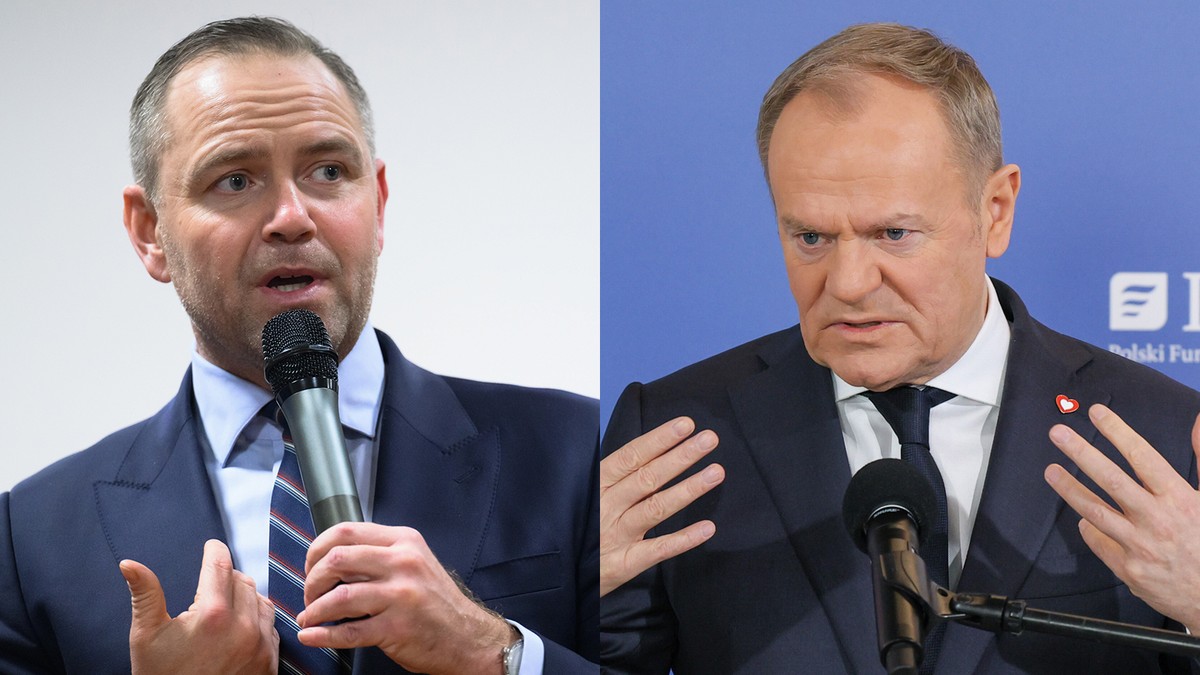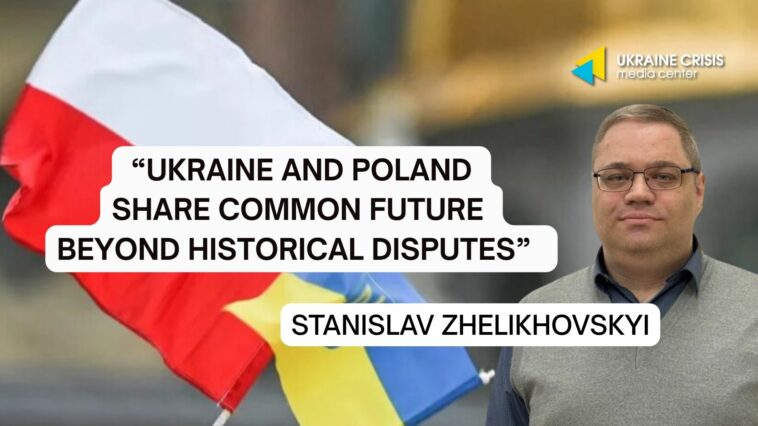Karol Nawrocki has been elected the new President of Poland. His political platform envisions a tougher stance towards Ukraine – particularly regarding issues of the Euro-Atlantic integration and historical memory policy. This, in turn, raises a series of questions about the future of Polish-Ukrainian relations, which remain a key factor for regional security.
We spoke on this topic with Stanisław Zelikhovsky, PhD in Political Science and expert in international affairs.
In your opinion, how might Karol Nawrocki’s presidency influence the dynamics of Polish-Ukrainian relations?
For Ukraine, it is important that the President of Poland is loyal to Kyiv and supports our country, especially regarding foreign policy. At the same time, the assertion that Polish-Ukrainian relations will fully depend on Karol Nawrocki would be a clear exaggeration.
We are interested in a sincere, productive dialogue between Ukraine and Poland. However, challenges will certainly arise. It is important that President Zelenskyy promptly congratulated the newly elected Polish president and expressed hope for continued cooperation.
In response, Nawrocki also emphasized the importance of partnership with Ukraine, although he mentioned the need to resolve complex historical issues. This approach is predictable, given Nawrocki’s background as a historian and head of institutions dealing with national memory policy. At the same time, his statements suggest a somewhat one-sided interpretation of the past. Therefore, it is critically important for us to ensure that our shared history does not destroy our shared future. This is a task for Ukrainian politicians, diplomats, and civil society.
Could the issue of Ukraine become a point of internal political conflict between Prime Minister Donald Tusk’s government and the newly elected president?
I would not rule out that President Nawrocki and Prime Minister Tusk may coexist in a conflictual paradigm for some time. The previous two-year electoral cycle has ended, but the competition for voters continues. Parties are already preparing for the 2027 parliamentary elections – possibly even early elections.

The confrontation between Civic Platform (PO) and Law and Justice (PiS) is rooted not only in political but also socio-political dimension. The issue of Ukraine may be used as a tool in the internal political struggle. Predictably, issues such as the transit of Ukrainian goods through Poland, migration, and Ukraine’s EU integration will arise. Nawrocki’s position on Ukraine is somewhat contradictory – he has previously expressed skepticism on Ukraine’s accession to the EU. During the election campaign, he also articulated a similar stance regarding Ukraine’s NATO membership. This undoubtedly poses a challenge to bilateral relations.
In this situation, I believe institutional-level cooperation is essential. Civil society must also play a key role – as a mediator between the states that provides accurate information, de-escalates conflict, and counters negative scenarios initiated “from above.”
Do you see a risk of Russian information interference in the sphere of Polish-Ukrainian relations?
Since Poland is not at war with the Russian Federation, there is still open access to many Russian media outlets and dubious online resources. This creates a vulnerability that the Kremlin exploits.
We can already see growing support for the Confederation party. The nationalist candidate in the presidential race, Sławomir Mentzen, commented on Nawrocki’s victory by noting that Nawrocki had accepted his demands, particularly the promise not to let Ukraine into NATO. I would also like to pay attention to the unexpectedly high electoral result of radical anti-Ukrainian candidate Grzegorz Braun. These signs point to a worrying trend. I believe that tensions in Polish-Ukrainian relations will be fueled less by the president and more by far-right political forces vying for the votes of those disillusioned with both the ruling PO and the main opposition PiS.
There is currently no reason to speak of a crisis in relations. But we must remain vigilant – especially Polish society, which is the first to feel the consequences of political decisions. If Poles abandon critical thinking and fall under the influence of Russian disinformation or narratives promoted by notorious politicians or political groups, the situation could quickly deteriorate.



